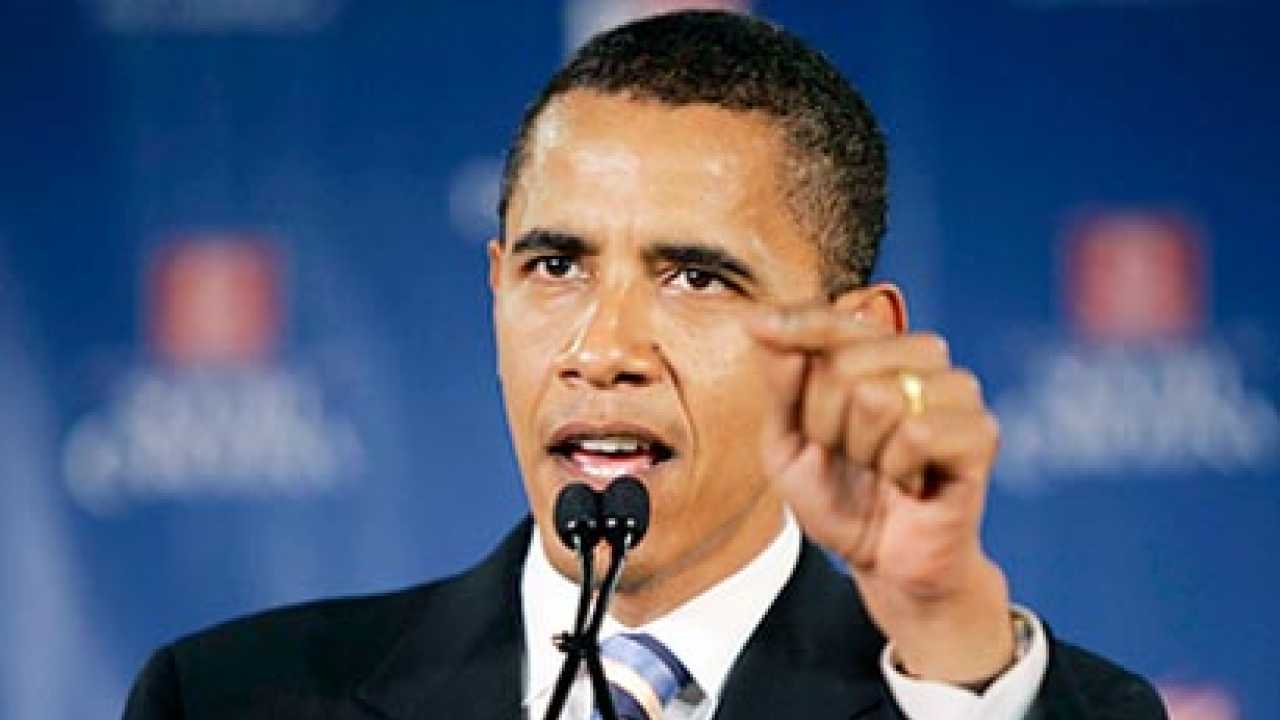
United States president Barack Obama has secured a second term, and rather convincingly at that. This despite the American big media prognosis of a razor sharp fight, with the advantage flowing from the embedded media and lobbyists for Israel and conservative whites to Mitt Romney for a long period of the pre-poll campaign.
Barack Obama won because of a far more inclusive campaign. Empowerment and rights are clearly seen as Left issues by the conservative US propagandists who are also not particularly happy with Obama’s ‘soft’ foreign policy. The two points of departure between his and Romney’s foreign policy position are significant. One difference was on Iran where Romney and the Republicans ( remember George W Bush?) were clearly for direct intervention in Iran. Responding to high voltage Israeli pressure, Romney was critical of Obama for not intervening (militarily) in Iran, and allowing it to go ahead with its nuclear programme. President Obama, to his credit, did not get defensive on this and made it clear that the US was closely monitoring Iran and would not hesitate to take action when it was required.
The second point of difference in their foreign policy debate was on Syria where Romney wanted a more direct US role against president Assad. In his view the US had done considerable damage to its own position on democracy in the region by keeping out of the current feud between rebels and the Syrian government.
President Obama did not say much on this, largely because he cannot reveal the fact that the US is supporting the rebels in more ways than one, and given its poor image in West Asia and the lasting complications of Iraq and Afghanistan is unwilling to open another direct front at this stage.
A third difference, but this could have been just rhetoric on Romney’s part, is on China where the Republican candidate insisted that he would curtail the growth and influence of the big Asian country in more ways than one. He was critical of president Obama’s handshake with Chinese leaders, but while he made the point he was unable to set this pigeon among the cats.
More so, as there seems to be general recognition in Washington of the value of the carrot and stick policy towards China, with the carrots being delivered directly by the US government and the sticks being brought into play through willing countries like Japan and India at regular intervals. Washington is not in a mood for direct confrontation with China, and this is true of both Republicans and Democrats.
In West Asia thus there will be no let up in US engagement in the next four years. And circumstances might just open a new front through Syria, which means that the impact of direct military intervention here will be felt by Lebanon and Iran immediately. President Obama has been more cautious than his Republican predecessor, but the fact remains that the overall US policy in blind support of Israel, against the Palestinians right to their homeland, and a willingness to “santise” West Asia for the free growth of Israel in the region will not change in the coming years.
South Asia could provide a few more opportunities for President Obama in the second term. For one he will in all probability reach out to Pakistan. The withdrawal of US troops from Afghanistan that he is committed to will in itself provide this opportunity, and given the murmurs coming out Washington in the last days of President Obama’s first term, it is clear that the pendulum is again swinging Pakistan’s way.
The Indian unease about the Democrats and Obama has subsided to some extent over the last year or so. The UPA government, after a cozy relationship with former president Bush, took a while to adjust to the new, soft but plain speaking president. In that, president Obama has soft-peddled issues like Kashmir, even though he had initially demonstrated an inclination to take this bull by the horns.
But West Asia, Pakistan and Afghanistan took away his attention, and somewhere in the process his administration decided that improved ties with India would help the US immensely in the region.
More so as India was more than willing to ally with Washington on most of its policies, economic, educational, and strategic and under prime minister Manmohan Singh was certainly not going to rock the US boat in any definitive way. So President Obama muted his views on Kashmir with his last public observation in July this year ruling out any solution from the outside and very politely reminding India and Pakistan to resolve their issues for a stable South Asia.
However, the second term will see a more confident, resurgent Obama. As his victory speech indicated he is planning to move ahead and perhaps even chart a new course.